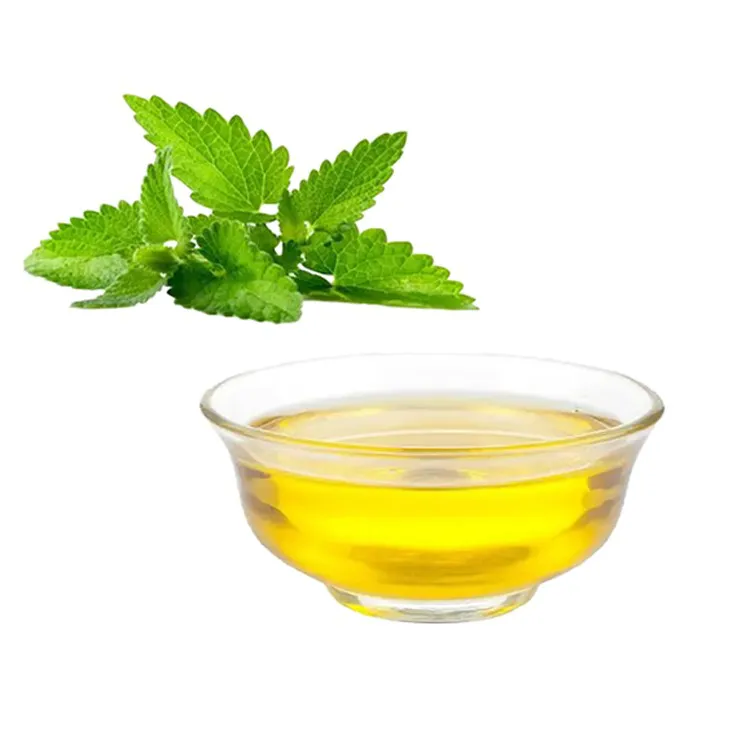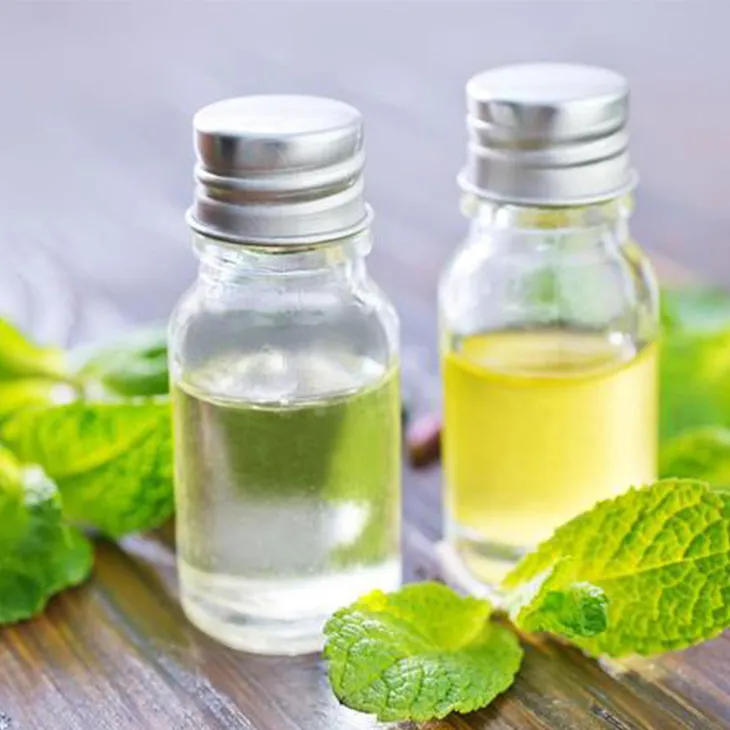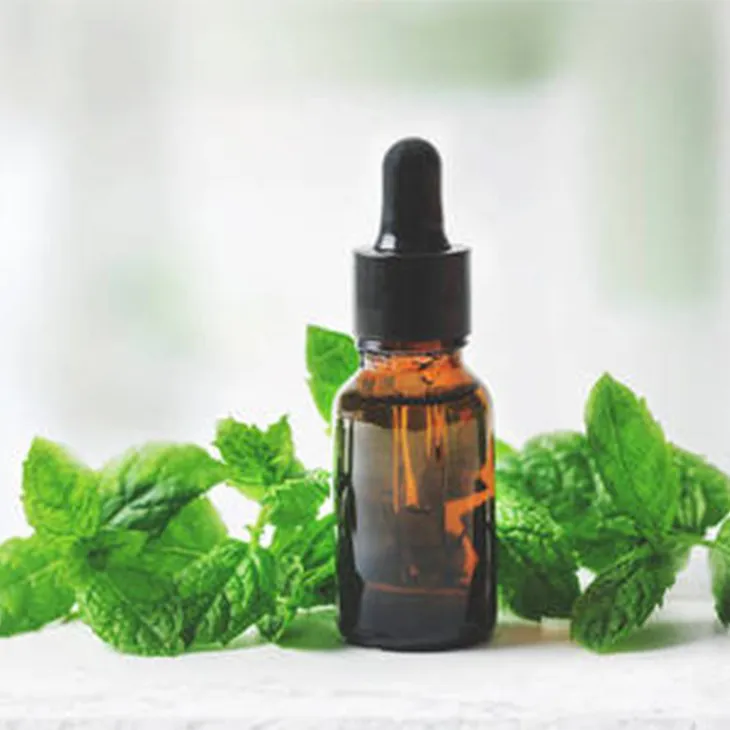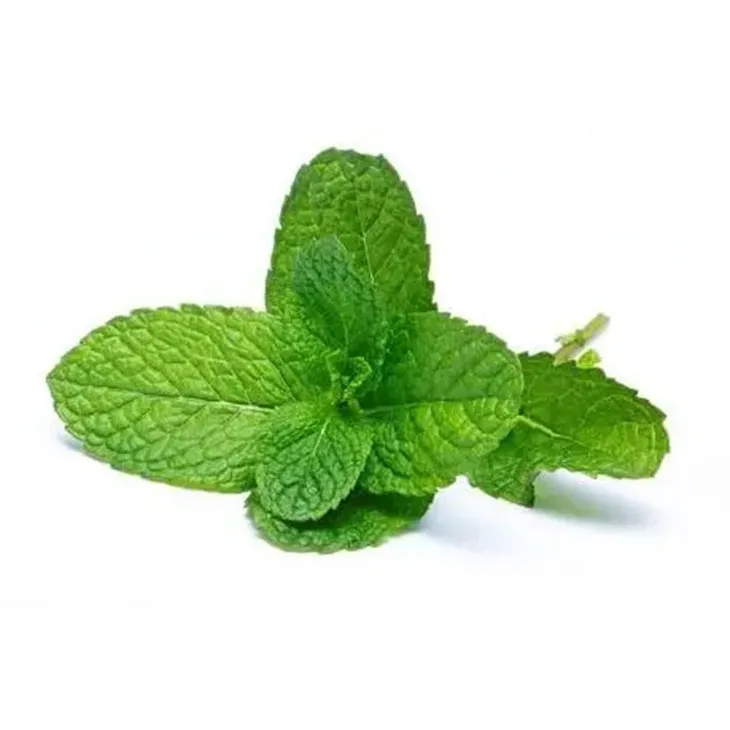- 0086-571-85302990
- sales@greenskybio.com
8 Benefits of Peppermint Oil for Hair.
2024-11-12

Introduction
Peppermint Oil has long been recognized as a natural remedy with a wide range of applications. When it comes to hair care, it is truly a natural wonder. It offers a plethora of benefits that can transform the health and appearance of your hair. In this article, we will explore in detail the eight remarkable benefits of Peppermint Oil for hair.

1. Stimulates Hair Growth
One of the most significant benefits of Peppermint Oil for hair is its ability to stimulate hair growth. This is achieved through its effect on improving blood circulation to the scalp. The scalp, like any other part of the body, requires a good supply of blood to nourish the hair follicles.
When peppermint oil is applied to the scalp, it causes a mild tingling sensation. This tingling is an indication that the blood vessels in the scalp are dilating. As a result, more blood is able to reach the hair follicles, bringing with it essential nutrients such as vitamins, minerals, and oxygen.
These nutrients are vital for the growth and development of healthy hair. For example, vitamin B - complex vitamins play a crucial role in cell division and the production of new hair cells. Oxygen is also necessary for the metabolic processes that occur within the hair follicles.
Research has shown that peppermint oil can significantly increase the number of hair follicles in the anagen (growth) phase. In a study, it was found that peppermint oil had a positive impact on the proliferation of cells within the hair follicles, which is a key factor in promoting hair growth.

2. Reduces Dandruff
Dandruff can be an annoying and often embarrassing hair problem. Peppermint oil offers an effective solution as it has antifungal and antibacterial properties.
Many cases of dandruff are caused by a fungus called Malassezia. This fungus thrives on the scalp and feeds on the oils produced by the sebaceous glands. Peppermint oil's antifungal properties help to combat this fungus, reducing its presence on the scalp.
At the same time, its antibacterial properties prevent the growth of bacteria that can also contribute to scalp problems. Bacteria can cause inflammation on the scalp, which can exacerbate dandruff.
To use peppermint oil for dandruff, it can be diluted with a carrier oil such as coconut oil or jojoba oil and massaged into the scalp. This not only helps to treat dandruff but also leaves the scalp feeling clean and refreshed.

3. Strengthens Hair Follicles
Weak hair follicles can lead to hair that is prone to breakage and thinning. Peppermint oil can strengthen hair follicles, making hair more resilient.
The nutrients and compounds present in peppermint oil nourish the hair follicles from the inside out. For instance, it contains menthol, which has a soothing effect on the scalp and also helps to fortify the follicles.
By strengthening the hair follicles, peppermint oil helps to reduce hair fall. Hair becomes less likely to break off at the root, and over time, this can lead to thicker and fuller - looking hair.
Regular use of peppermint oil in hair care routines can also improve the overall health of the follicles, enabling them to produce stronger and healthier hair strands.

4. Adds Shine to Dull Hair
Dull hair can lack luster and appear lifeless. Peppermint oil can work wonders in adding shine to such hair.
When peppermint oil is applied to the hair, it helps to smooth the cuticle layer of the hair shaft. The cuticle is the outermost layer of the hair, and when it is smooth, it reflects light better, giving the hair a shiny appearance.
Peppermint oil also helps to remove any build - up of dirt, oil, or product residue on the hair. This further enhances the shine as the hair is left clean and free from any substances that could dull its appearance.
To get the best results, a small amount of peppermint oil can be added to your regular conditioner or used as a hair treatment once a week.
5. Soothes Itchy Scalp
An itchy scalp can be a real discomfort. Peppermint oil has a natural cooling and soothing effect, making it an excellent remedy for an itchy scalp.
The menthol in peppermint oil provides a cooling sensation when it comes into contact with the scalp. This helps to relieve the itchiness and also provides a sense of relief.
Itchy scalps can be caused by a variety of factors such as dryness, dandruff, or allergic reactions. Peppermint oil can address these underlying causes. For example, if dryness is the issue, the oil helps to moisturize the scalp slightly, reducing the itchiness associated with dry skin.
When using peppermint oil for an itchy scalp, it is important to ensure that it is properly diluted to avoid any potential irritation.
6. Balances Scalp's Oil Production
The scalp can produce either too much or too little oil, both of which can cause problems for the hair. Peppermint oil can help to balance the scalp's oil production.
If the scalp is overly oily, peppermint oil can regulate the sebaceous glands. It helps to control the amount of sebum (oil) that is produced, preventing the hair from looking greasy.
On the other hand, if the scalp is dry, peppermint oil can stimulate the sebaceous glands to produce a bit more oil, providing the necessary moisture to the scalp and hair.
This balancing effect is beneficial for maintaining a healthy scalp environment, which in turn promotes healthy hair growth.
7. Enhances Overall Texture of the Hair
Peppermint oil can have a positive impact on the overall texture of the hair. It can make hair feel softer and more manageable.
The nourishing properties of peppermint oil penetrate the hair shaft, improving its internal structure. This results in hair that is less frizzy and more silky to the touch.
For those with coarse hair, peppermint oil can help to smooth out the hair strands, making them appear more refined. And for those with fine hair, it can add a bit of body and volume without weighing the hair down.
Regular use of peppermint oil in hair care can gradually transform the texture of the hair, making it look and feel healthier.
8. Gives a Refreshing Feeling to the Scalp and Hair
Peppermint oil imparts a refreshing feeling to the scalp and hair. The menthol in the oil gives a cooling and invigorating sensation.
This refreshing feeling is not only pleasant but also has practical benefits. It can make you feel more awake and alert, especially when used in the morning or after a long day.
It also gives a clean and fresh - smelling impression to the hair, eliminating any unpleasant odors that may be present.
Conclusion
Peppermint oil is truly a multi - faceted natural product for hair care. Its eight benefits, from stimulating hair growth to providing a refreshing feeling, make it a valuable addition to any hair care routine. Whether you are dealing with hair loss, dandruff, or simply want to improve the overall health and appearance of your hair, peppermint oil can be a great option. However, it is important to use it correctly, ensuring proper dilution and patch testing to avoid any potential adverse reactions. With regular use, you can enjoy the many benefits that peppermint oil has to offer for your hair.
FAQ:
How does peppermint oil stimulate hair growth?
Peppermint oil stimulates hair growth by enhancing blood circulation to the scalp. When the blood circulation improves, more nutrients and oxygen are delivered to the hair follicles, which in turn promotes hair growth.
Can peppermint oil completely get rid of dandruff?
While peppermint oil has antifungal and antibacterial properties that can help in reducing dandruff, it may not completely get rid of it. However, regular use can significantly reduce the amount of dandruff by combating the fungi and bacteria that contribute to its formation.
How does peppermint oil strengthen hair follicles?
The exact mechanism by which peppermint oil strengthens hair follicles is not fully understood. But it is believed that its active components interact with the cells in the hair follicles, promoting their health and making them more resilient, thus reducing the likelihood of hair breakage.
Is peppermint oil suitable for all hair types?
Peppermint oil is generally considered suitable for most hair types. However, those with extremely sensitive scalps may need to do a patch test first. It can be beneficial for dry hair in terms of adding shine and for oily hair by potentially balancing oil production.
How often should peppermint oil be used on the hair?
The frequency of using peppermint oil on the hair depends on individual hair conditions. For most people, using it 2 - 3 times a week is sufficient. But if you have a specific hair problem like severe dandruff or hair loss, you may need to consult a dermatologist or a hair expert to determine the appropriate frequency.
Related literature
- The Effects of Peppermint Oil on Hair Health"
- "Peppermint Oil: A Natural Solution for Hair Problems"
- "Beneficial Impacts of Peppermint Oil in Hair Care"
- ▶ Hesperidin
- ▶ citrus bioflavonoids
- ▶ plant extract
- ▶ lycopene
- ▶ Diosmin
- ▶ Grape seed extract
- ▶ Sea buckthorn Juice Powder
- ▶ Beetroot powder
- ▶ Hops Extract
- ▶ Artichoke Extract
- ▶ Reishi mushroom extract
- ▶ Astaxanthin
- ▶ Green Tea Extract
- ▶ Curcumin Extract
- ▶ Horse Chestnut Extract
- ▶ Other Problems
- ▶ Boswellia Serrata Extract
- ▶ Resveratrol Extract
- ▶ Marigold Extract
- ▶ Grape Leaf Extract
- ▶ blog3
-
High purity olive leaf extract
2024-11-12
-
Lavender oil extraction method
2024-11-12
-
100% organic virgin sea buckthorn fruit oil
2024-11-12
-
Lotus leaf extract powder factory in China
2024-11-12
-
China aged garlic extract supplier
2024-11-12
-
Deer antler extract powder manufacturer
2024-11-12
-
Saw palmetto extract vs whole herb
2024-11-12
-
Oyster Mushroom Extract Powder
2024-11-12
-
Curcuma Longa Extract
2024-11-12
-
Hedyotis Diffusa Extract
2024-11-12
-
Golden Seal Extract
2024-11-12
-
Thunder God Vine Extract
2024-11-12
-
Stevia Extract
2024-11-12
-
Longan Extract
2024-11-12
-
Lemon Balm Extract
2024-11-12
-
Clove Powder
2024-11-12
-
Kelp Extract Powder
2024-11-12





















